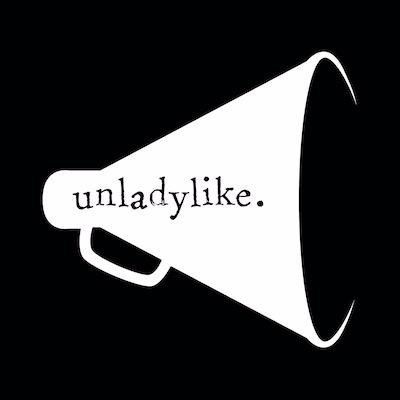You have a book coming out and your publisher is gently advising you to get on social media, or you start worrying that you need to build awareness. I understand.
There are many ways to irritate people on twitter, especially around book releases.
Crashing of a hashtag.
That's when you see a conference or a meme taking place in your feed and you decide to post about your book using that hashtag. The hashtag syncs in perfectly with your book and there's a captive audience, so why not? Here's why not...you are butting into a conversation between two people who are strangers to you and then redirecting the conversation to yourself. If you did that in person, it's rude. If you do it on twitter, it's rude. That captive audience will turn on you in a second. Be part of the conversation but know that the conversation doesn't have to centre on you.
@-ing
You post something about yourself - a positive review, a reminder of your book's release, a signing etc. There's a blogger / publisher / journalist / organisation that will see your tweet in their replies and retweet it, right? Not usually, especially if they don't have a relationship with you in some capacity. It doesn't raise your profile, it annoys. It's the equivalent of poking at a sibling repeatedly...except your mother won't intervene when you push them too far. Refrain from @-ing everyone you can think of with the same message. Circles are small and people will talk (in DMs) in a way that you want to avoid.
If you're doing either of these things you're spamming. Stop it. If you don't understand why this is problematic then you probably need to do more research on effective use of social media.
The self-related retweet
There's a very fine line between 'aww they're proud' and 'when are they going to stop?' Your followers don't need to be exposed to every positive review or gushy fan tweet that you've seen. Pick and choose. If your feed is populated in self-related content, it's the equivalent of a humble brag. Choose only the really touching or funny reviews to retweet and your feed will love you for it. Better yet, schedule them out so your followers don't get hit with the wave of you.
This is the lesser of the evils but it can go very wrong around book release time (or a film release). Of all the faux pas I have mentioned, this one is the action that people talk about most. You don't have to be a digital wallflower, but you don't want to be that fast growing weed that chokes everything in sight.
Learn the rule of three:
- 1/3 of posts about you and/or your brand
- 1/3 of posts about your areas of interest and expertise, but using material from an outside source
- 1/3 of posts, be yourself.
Some things to think about:
- If you're uncomfortable or resistant to using Twitter it's probably not for you. Consider using another network that plugs into your strengths like Pinterest, Tumblr or even good old Facebook.
- If promotion is the aim, step away. Twitter is about community; the to and fro of opinion, art and jokery. It's not a billboard, it's a conversation.
- Study authors who engage with the medium and execute it well, not authors who are popular regardless. (Some very well known authors are successful on Twitter because they were big years before Twitter existed...that's not you. You are not the exception.)
- Not everyone is good in 140 character bits. Not everyone is consistently good. Some people are, some aren't. Don't fixate on being perfect every tweet but avoid annoying people with every tweet. It's a learning process. You'll write something, delete it, repost it, squirm on it and then remove it again.
- If your follower count is dropping you've 1) offended people and/or 2) annoyed people. Stop what you're doing and try something new.
- Take a class with someone who does it well. Don't trust every self-proclaimed digital teacher - just because they use Skype doesn't make them a digital expert. Check out your local writers centre and research the teacher. If their twitter isn't engaging (or worse, they self-promote with every tweet) then you need to find an alternate class.
- Try and forget about your book and engage with people who share your interests. Don't think of followers and friends in terms of industry connections.
- Be authentic.
- Don't be an arse.
The Fiction Desk's Twitter Tips for Authors
Inky Girl's A Writers Guide to Twitter
The 100 Twitter Rules
13 Golden Rules of Twitter
Inky Girl's A Writers Guide to Twitter
The 100 Twitter Rules
13 Golden Rules of Twitter
See you on twitter.




1 comment:
Yes, yes and YES!
There has to be a balance between "branding" and "personality" - they're not the same thing.
Can you do a separate blog about author newsletters?! Why are they still a thing and why do people think they need to send out a newsletter once a week?
Post a Comment